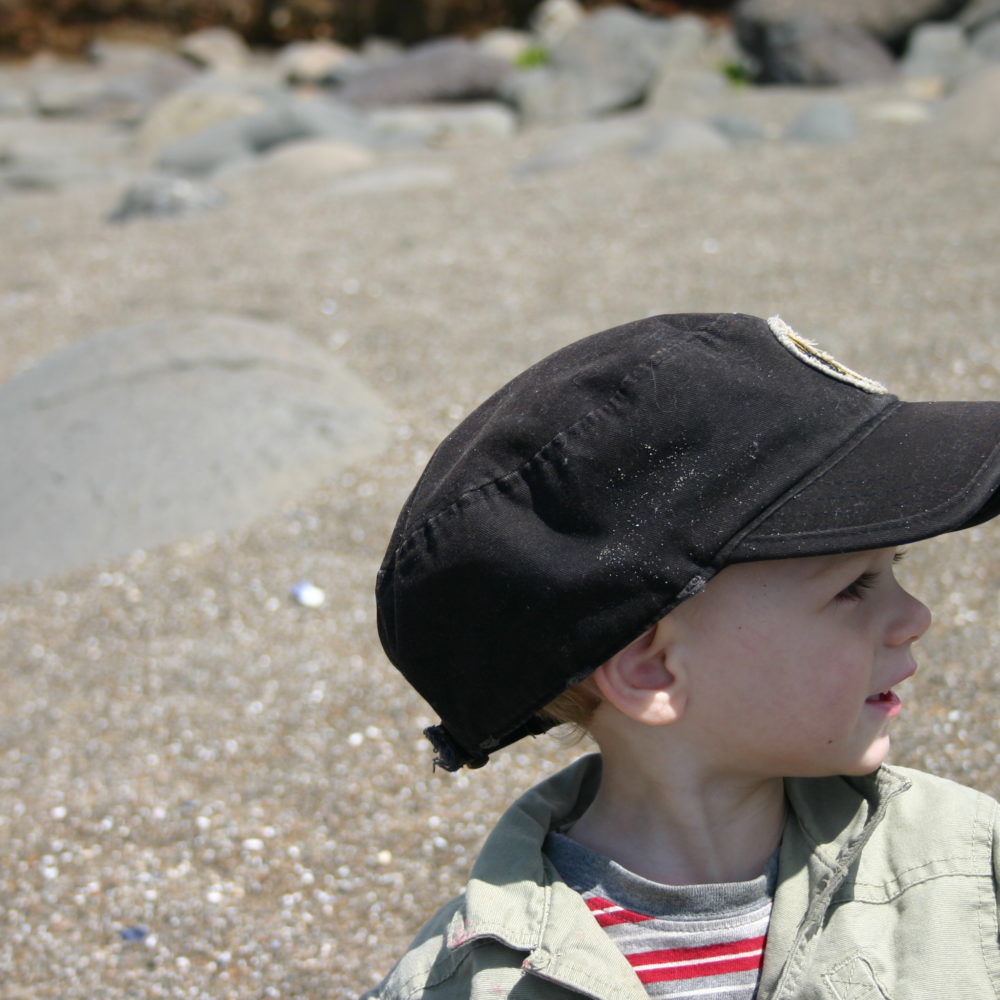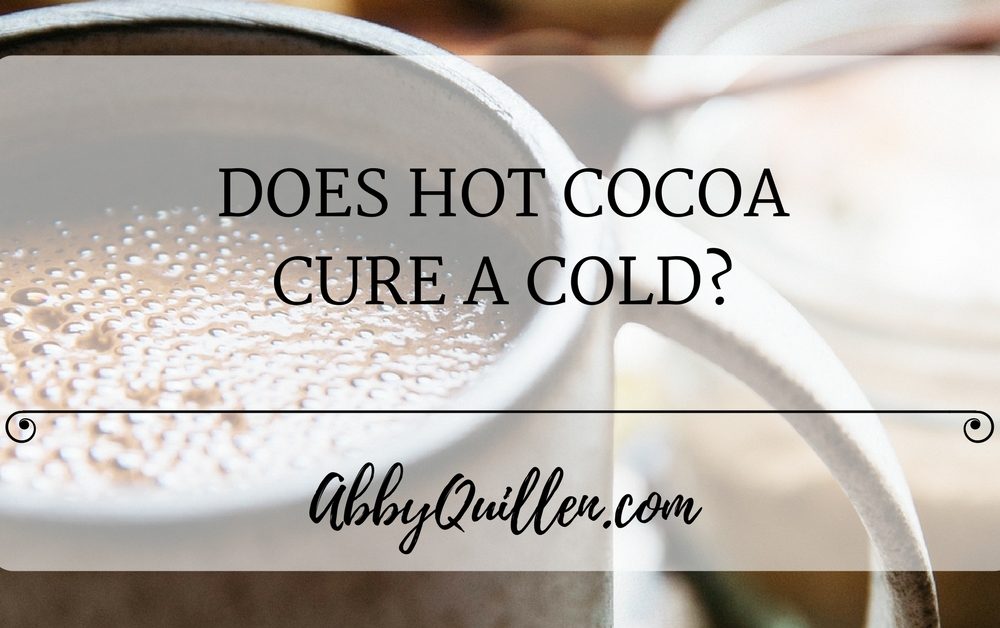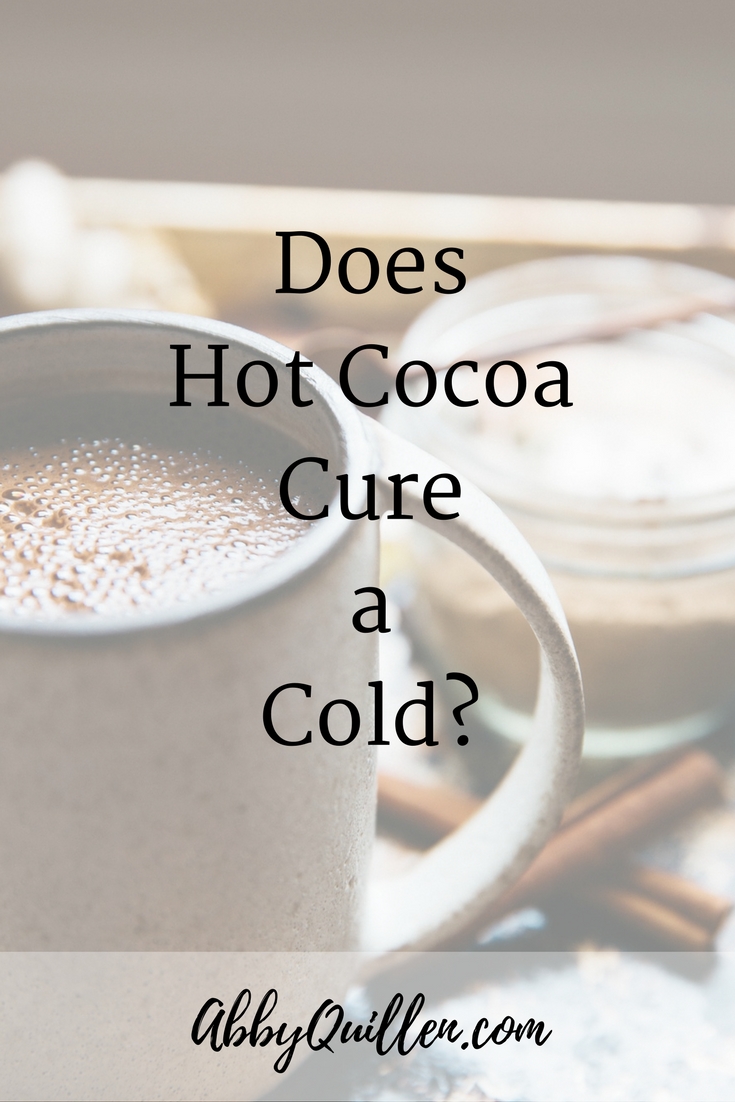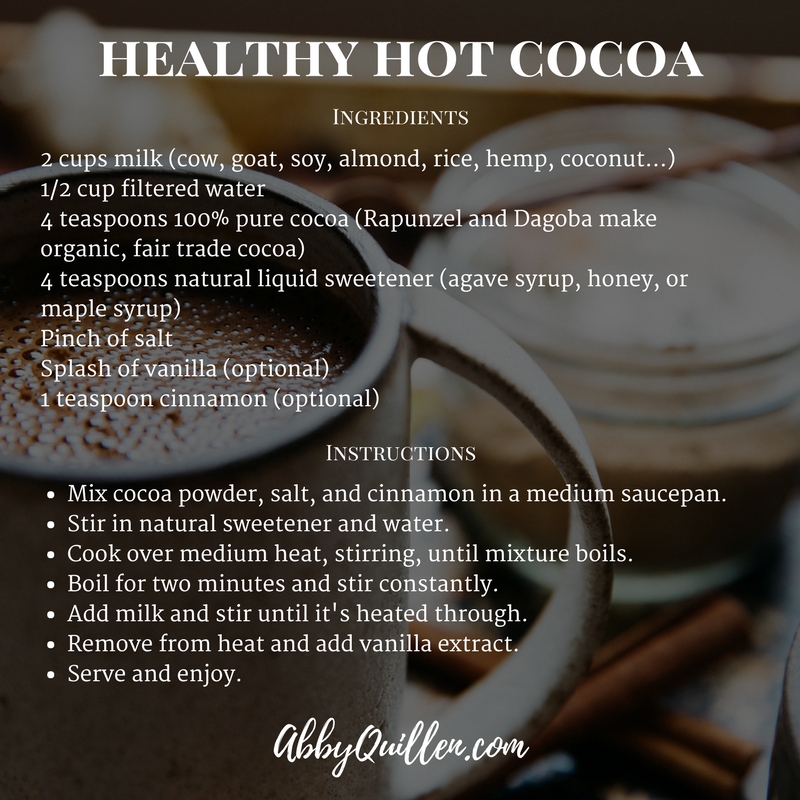Last summer, I published a post Is Sunscreen Dangerous? summarizing the Environmental Working Group’s concerns about the majority of sunscreens on the market.
The EWG advises that consumers avoid sunscreens with the ingredients retinyl palmitate and oxybenzone and be suspicious of SPF claims exceeding 50. They also warn that many sunscreens only protect against the UVB rays that cause sunburn, not the UVA rays that cause skin cancer, raising the possibility that sunscreen may actually be dangerous, since people are inclined to spend longer in the sun when they’re not burning, thus exposing themselves to more cancer-causing radiation. The EWG has been especially critical of the Food and Drug Administration for failing to finalize sunscreen regulations for three decades.
Well, last week the FDA finally finalized those regulations, announcing that by the summer of 2012, consumers will be able to look for the words “broad spectrum” to determine which sunscreens protect equally against both UVA and UVB rays. In addition, manufacturers will no longer be able to use the misleading terms “waterproof” or “sweat proof”.
However, the EWG is unimpressed by the new rules. “It is clear that FDA caved to industry,” David Andrews, Ph.D, a senior scientist with EWG, announced in a press release on June 14. “FDA’s rule will allow most products on the U.S. market to use the label ‘broad spectrum sunscreen,’ even though some will not offer enough protection to assure Americans they can stay in the sun without suffering skin damage from invisible UVA radiation.”
I have fair skin and I grew up at 7,000 feet elevation in a state that boasts 300 days of sunshine a year. In other words, sunscreen has been my ally over the years. So finding out that all the expensive white goop I slathered on my skin for three decades contained questionable ingredients and may have made me more vulnerable to skin cancer feels a little like discovering a close friend is a pathological liar. It’s a powerful lesson in the importance of skepticism when it comes to health claims, advertising, and medical advice.
“Wear sunscreen,” is perhaps the health mantra my generation has heard the most often (and we’ve heard a lot of them). “The best piece of advice I can give you is to put on sunscreen and wear a hat.” Ted Turner, facing a skin cancer operation, famously told the class of 1994 Georgia State University students.
Three years later, Mary Schmich’s offered similar wisdom to graduates in her Chicago Tribune column: “If I could offer you only one tip for the future, sunscreen would be it. The long-term benefits of sunscreen have been proved by scientists, whereas the rest of my advice has no basis more reliable than my own meandering experience.” The column went viral and was later released as a spoken-word single.
Dermatologists have been universally recommending large quantities of sunscreen applied 20 minutes before any sun exposure, citing a dramatic increase in skin cancer rates in recent years. The majority of them recommend zero unprotected sun exposure. “Ideally if you had no sun exposure, sure that would be the best way to live your life.” dermatologist Jennifer Lucas opined last week on NPR’s On Point With Tom Ashbrook.
If you’re wondering why a dramatic increase of skin cancer would coincide with the explosion of sunscreen use, you’re not alone. Dermatologists speculate about possible reasons, like tanning beds or the hole in the ozone layer.
However, according to a study published in the British Medical Journal, something else may be to blame for the increase in skin cancer rates: dermatologists. The authors of the study point out that while the incidence rate of melanoma is increasing, the death rate has stayed the same. This phenomenon is almost always a sign of over-diagnosis. In other words, screening programs, which test healthy people for cancer, mean that doctors detect and treat more cancer, but it’s often not the kind of cancer that would be dangerous or deadly.
So how can we sort through all the marketing claims, propaganda, gaps in regulation, and conflicting studies (many of them funded by the industries that stand to benefit from them) when it comes to our health?
I’m increasingly convinced that we must be skeptical of all claims (especially those intended to invoke fear), relentlessly seek out independent information and conflicting views, and never discount simple common sense.
Jennifer Lucas’s assertion that in a perfect world we’d never let our skin see the sun seems just as extreme to me as sunbathing or lying in a tanning booth, especially when we keep hearing about widespread vitamin D deficiency, a resurgence of rickets amongst kids in Great Britain, and evidence suggesting that sun exposure may be preventative against breast and colon cancers, childhood asthma, and multiple sclerosis.
As for me, I certainly don’t slather on sunscreen in the cloudy winter months like I used to. I’m a big fan of hats, protective clothing, and shade in the summer. And for those times that I need sunblock, I’m thankful for the EWG’s advocacy and for their rating guide for sunscreens, which lists ingredients and possible hazards associated with them.
Want to read more about this topic?
- Melanoma is Epidemic, Or Is It? – New York Times
- Melanoma Madness – Science News
- Is Sunscreen Ineffective in Preventing Cancer? – Straight Dope
- Beach Bummer – Mother Jones
What do you think? Has the EWG or the FDA’s new rules changed the way you think about sunscreen? How do you sort through conflicting health claims and medical advice?



